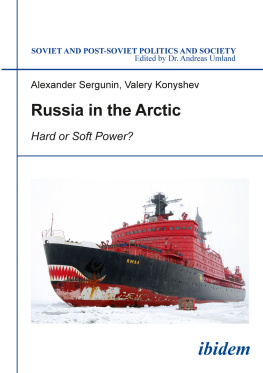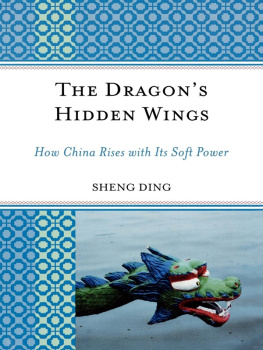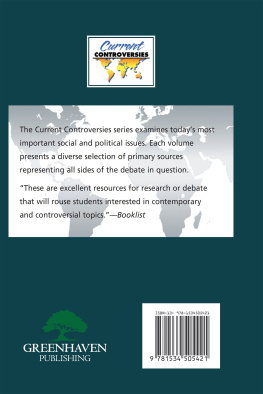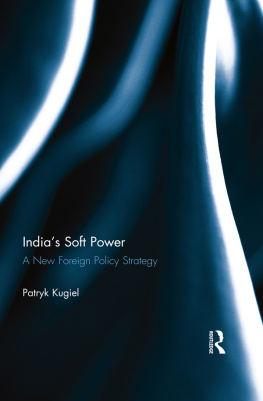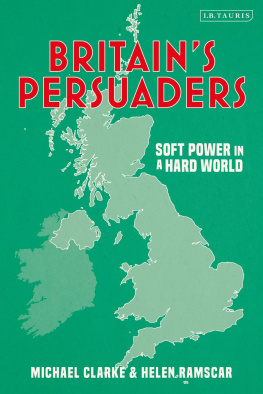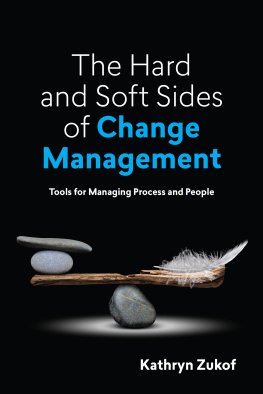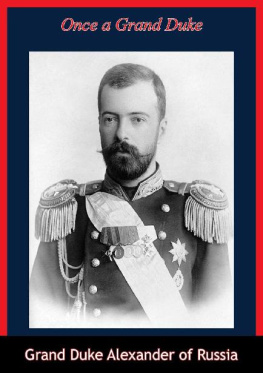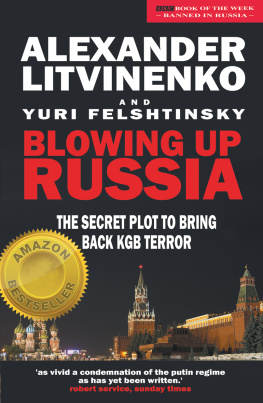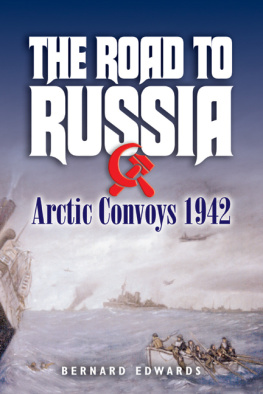Alexander Sergunin - Russia in the Arctic: Hard or Soft Power?
Here you can read online Alexander Sergunin - Russia in the Arctic: Hard or Soft Power? full text of the book (entire story) in english for free. Download pdf and epub, get meaning, cover and reviews about this ebook. year: 2015, publisher: Ibidem Press, genre: Politics. Description of the work, (preface) as well as reviews are available. Best literature library LitArk.com created for fans of good reading and offers a wide selection of genres:
Romance novel
Science fiction
Adventure
Detective
Science
History
Home and family
Prose
Art
Politics
Computer
Non-fiction
Religion
Business
Children
Humor
Choose a favorite category and find really read worthwhile books. Enjoy immersion in the world of imagination, feel the emotions of the characters or learn something new for yourself, make an fascinating discovery.
- Book:Russia in the Arctic: Hard or Soft Power?
- Author:
- Publisher:Ibidem Press
- Genre:
- Year:2015
- Rating:5 / 5
- Favourites:Add to favourites
- Your mark:
- 100
- 1
- 2
- 3
- 4
- 5
Russia in the Arctic: Hard or Soft Power?: summary, description and annotation
We offer to read an annotation, description, summary or preface (depends on what the author of the book "Russia in the Arctic: Hard or Soft Power?" wrote himself). If you haven't found the necessary information about the book — write in the comments, we will try to find it.
Russia in the Arctic: Hard or Soft Power? — read online for free the complete book (whole text) full work
Below is the text of the book, divided by pages. System saving the place of the last page read, allows you to conveniently read the book "Russia in the Arctic: Hard or Soft Power?" online for free, without having to search again every time where you left off. Put a bookmark, and you can go to the page where you finished reading at any time.
Font size:
Interval:
Bookmark:
ABM | Anti-ballistic missile |
AC | Arctic Council |
AEPS | Arctic Environment Protection Strategy |
AGF | Arctic Group of Forces |
AMAP | Arctic Monitoring and Assessment Program |
AZRF | Arctic Zone of the Russian Federation |
BEAC | Barents Euro-Arctic Council |
BEAR | Barents Euro-Arctic Region |
BRC | Barents Regional Council |
BRICS | Brazil, Russia, India, China, South Africa |
CBC | Cross-border cooperation |
CFSP | Common Foreign and Security Policy |
COPRI | Copenhagen Peace Research Institute |
CRBC | Canada-Russia Business Council |
CTA | City Twins Association |
CSBM | Confidence and security building measure |
DIIS | Danish Institute for International Studies |
EEZ | Exclusive economic zone |
ENPI | European Neighborhood Partnership Instrument |
ETC | European Territorial Cooperation |
EU | European Union |
FOA | National Defense Establishment |
FSS | Federal Security Service |
ICBM | Intercontinental ballistic missile |
ICJ | International Court of Justice |
IEC | Intergovernmental Economic Commission |
IIRWH | Institute of International Relations and World History |
IMO | International Maritime Organization |
INTERREG | EU ' s program on interregional co-operation |
IR | International Relations |
IRSP | Ice-resistant stationary platform |
MGIMO | Moscow State Institute of International Relations |
Font size:
Interval:
Bookmark:
Similar books «Russia in the Arctic: Hard or Soft Power?»
Look at similar books to Russia in the Arctic: Hard or Soft Power?. We have selected literature similar in name and meaning in the hope of providing readers with more options to find new, interesting, not yet read works.
Discussion, reviews of the book Russia in the Arctic: Hard or Soft Power? and just readers' own opinions. Leave your comments, write what you think about the work, its meaning or the main characters. Specify what exactly you liked and what you didn't like, and why you think so.

